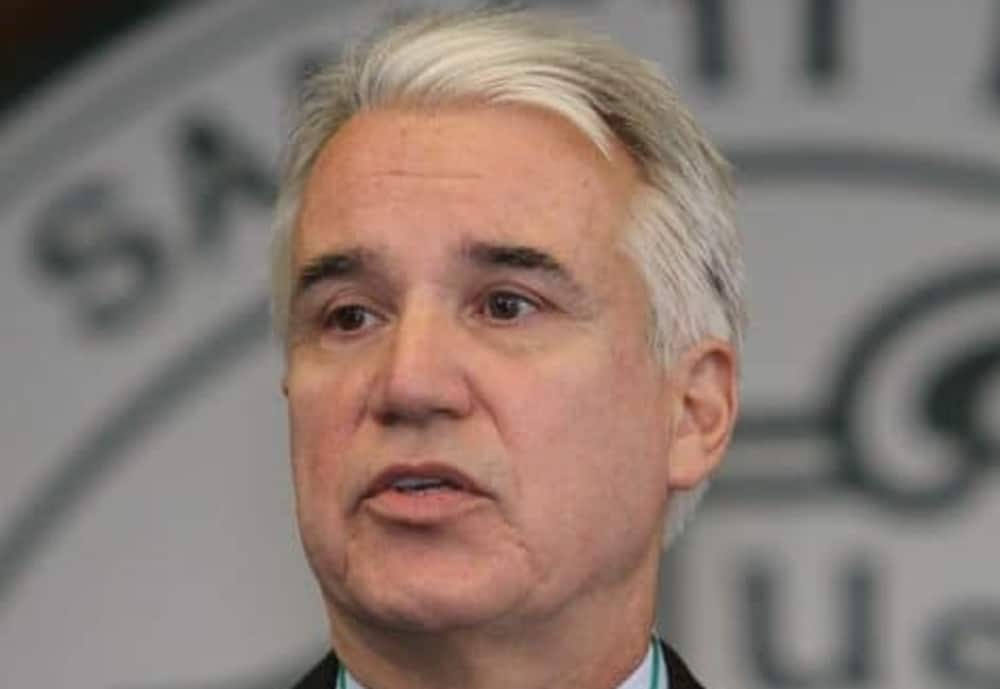On December 7, newly elected Los Angeles County District Attorney George Gascón took office and announced sweeping reforms to the nation’s largest prosecutor’s office.
Gascón, who started his career as a patrol officer in the Los Angeles Police Department and served as San Francisco’s DA from 2011 to 2019, issued a series of special directives outlining the systemic changes. They include the immediate elimination of cash bail for misdemeanors and some non-violent felonies; the non-prosecution of youth accused of misdemeanors; and a ban on the death penalty.
One reform carries special importance for drug policy in California: Gascón has announced that his office “will cease filing ALL enhancements.”
California currently has over 100 sentencing enhancements, including one that allows prosecutors to add additional time to a defendant’s sentence for allegedly being involved in gang activity. These enhancements originated in the “tough-on-crime” era of the 1980s and 1990s and include the infamous “Three Strikes” sentencing law. In its original form, the law mandated a minimum sentence of 25 years-to-life for any person with two prior “serious” felony convictions who committed a third felony.
Gascón’s announcement means his office will no longer pursue drug sentencing enhancements currently on the books in California—such as increased penalties for using certain drugs near schools.
Gascón also argued for alternatives to incarceration. “[B]y expanding access to (non-criminal justice based) drug treatment, the expansion of Medicaid yielded billions in reduced crime in states that participated in the expansion,” he wrote.
Before these policy changes, the California legislature dealt with drug sentencing enhancements by passing Senate Bill 180 in October 2017, which eliminated an enhancement that allowed prosecutors to sentence people to extra time for prior drug convictions.
A History of Progressive Policies
Though he has not always been the most radical of reformers, Gascón’s newly announced changes are still consistent with much of his record. While serving as San Francisco’s DA, he co-authored Proposition 47, a California ballot initiative that reclassified simple drug possession and theft crimes under $950 from felonies to misdemeanors, and applied to individuals retroactively. Voters approved Prop 47 by a margin of 58 percent to 42 percent in 2014.
Sixty-five percent of the money California saves thanks to Proposition 47 goes to the Board of State and Community Corrections, where it is used for diversion programs and treatment for mental health and substance use issues.
A recent study conducted by the Public Policy Institute of California showed that after the passage of Prop 47, there was a 10.4 percent decline in bookings and a meaningful reduction of racial disparities in arrests and bookings between Black people and white.
Gascón also co-authored Proposition 64, the Adult Use of Marijuana Act, which legalized recreational marijuana in California for people over age 2 and created a tax for sales and cultivation. Prop 64 was approved in 2016 by a margin of 57 percent to 43 percent.
In 2018, Gascón announced that his DA office would automatically erase convictions for people with low-level marijuana convictions, eliminating the need to undergo a costly expungement process.
“I think there is such a thing as a progressive prosecutor, and certainly I believe I am a part of that movement,” Gascón told Law 360.
Photo by Shaun Calhoun via Wikimedia Commons/Creative Commons 3.0





Show Comments